
Supercharge your lead generation with a FREE Google Ads audit - no strings attached! See how you can generate more and higher quality leads
Get My Free Google Ads AuditFree consultation

No commitment
Supercharge your lead generation with a FREE LinkedIn Ads audit - no strings attached! See how you can generate more and higher quality leads
Get My Free Google Ads AuditFree consultation

No commitment
Supercharge your lead generation with a FREE Meta Ads audit - no strings attached! See how you can generate more and higher quality leads
Get My Free Google Ads AuditGet My Free LinkedIn Ads AuditGet My Free Meta Ads AuditFree consultation

No commitment
Supercharge your lead generation with a FREE Google Ads audit - no strings attached! See how you can generate more and higher quality leads
Get My Free Google Ads AuditFree consultation

No commitment
In today's complex marketing landscape, landscape contractors face the challenge of engaging with potential clients through both online and offline channels. This complexity often leads to missed opportunities, especially when high-value prospects aren’t tracked appropriately, impacting business growth. Google Ads offers a strategic solution, bridging the gap between broader awareness efforts and direct sales processes. It captures high-intent prospects precisely when they search for landscaping solutions. This guide explores how Google Ads can complement landscaping businesses by intercepting decision-makers with tailored services, targeting with precision, and measuring ROI effectively through tracking clicks, calls, and conversion data.
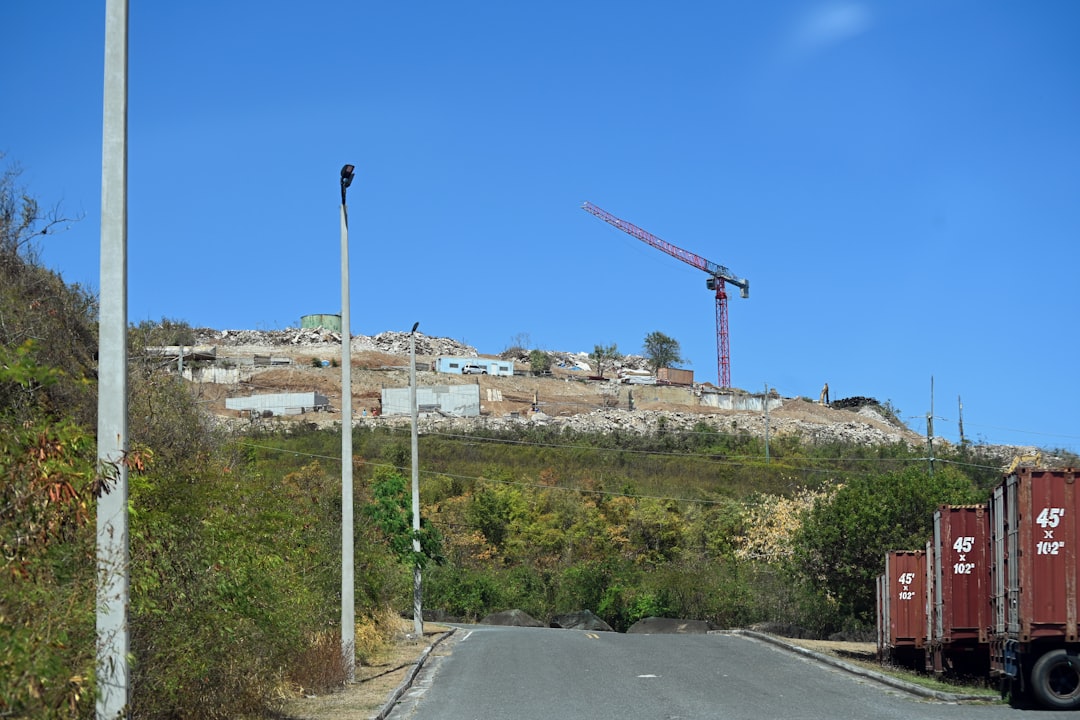
Landscape contractors achieve measurable growth by leveraging Google Ads as a controlled, high-ROI engine for lead generation. Sophisticated digital campaigns enable precise audience intelligence for targeting, real-time budget shifts, and direct alignment with high-value residential and commercial projects. For a deeper look at effective strategies, explore this comprehensive guide to Google Ads for landscapers.
A comprehensive pay-per-click advertising strategy begins with more than simply launching ads; it integrates Google Ads into a larger marketing ecosystem, ensuring that every dollar spent builds a foundation for sustainable business growth. Highly targeted campaigns prevent valuable prospects from slipping through the cracks, providing clear attribution and actionable data at every interaction.
Ready to maximize your landscaping leads? Get started for free with Sona.
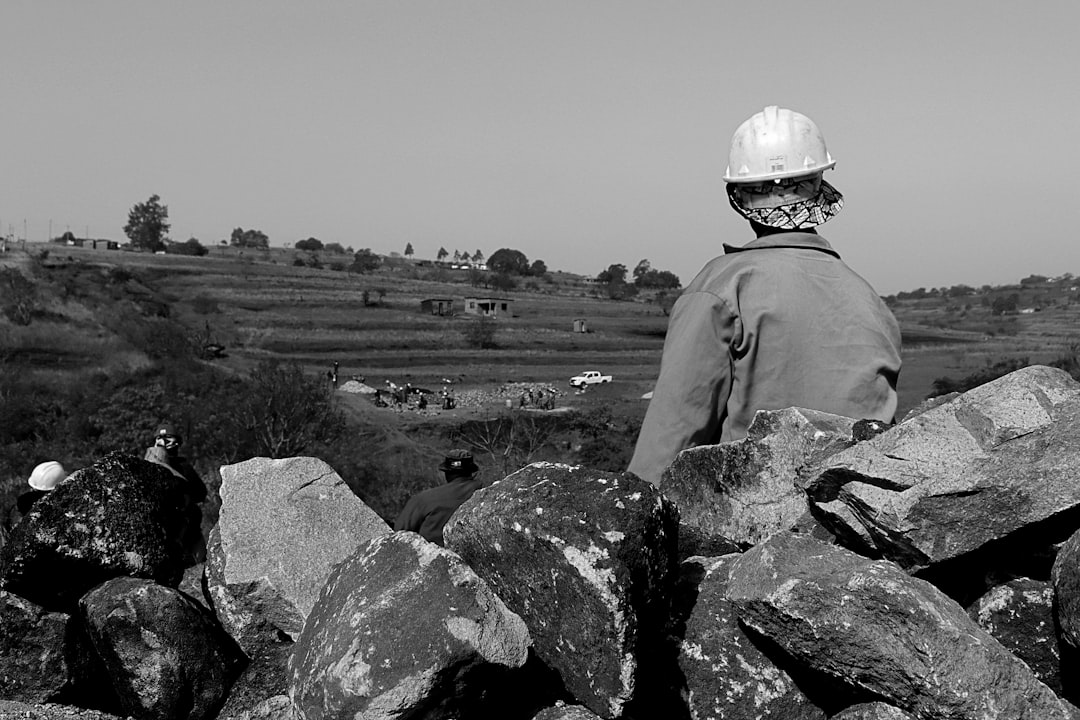
Landscape contractors compete in a market where timing, visibility, and the ability to quickly respond to demand determine revenue growth. Buyers search for solutions the moment they need them: Google Ads positions your business directly in their path, connecting you to high-value opportunities while competitors lag. For more insights on maximizing your marketing strategy, browse our blog for landscape-focused tips.
To see how these tactics can work for your business, get started for free with Sona and unlock the tools to optimize your Google Ads performance.
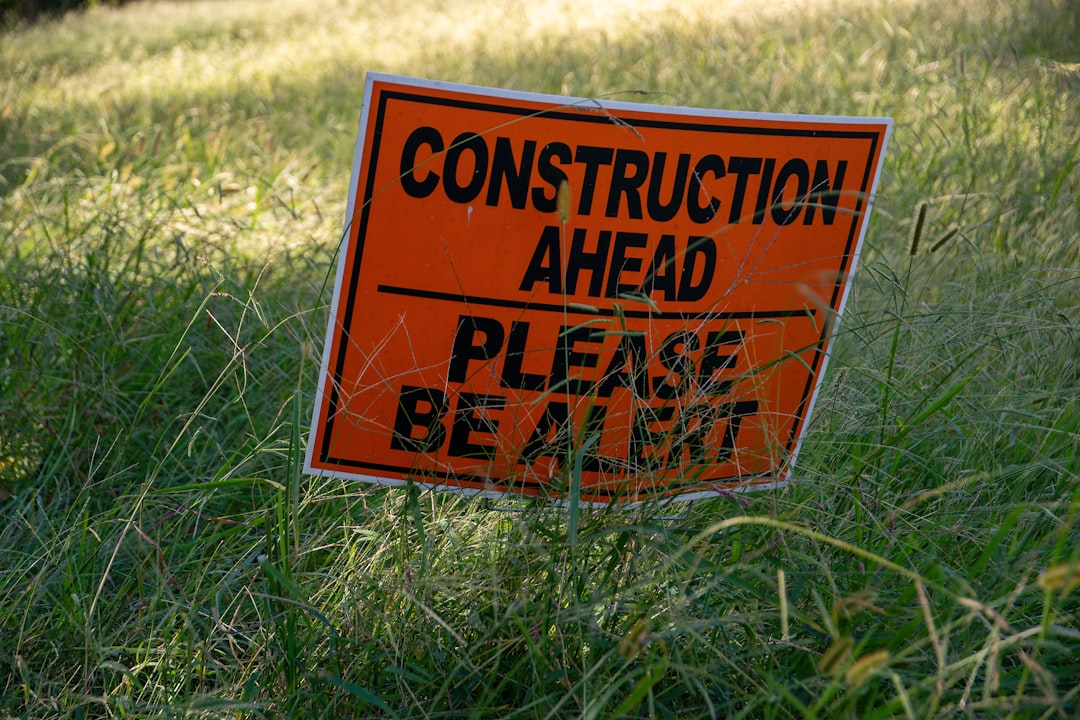
Ready to see how these strategies can work for your landscaping business? Get started for free with Sona.
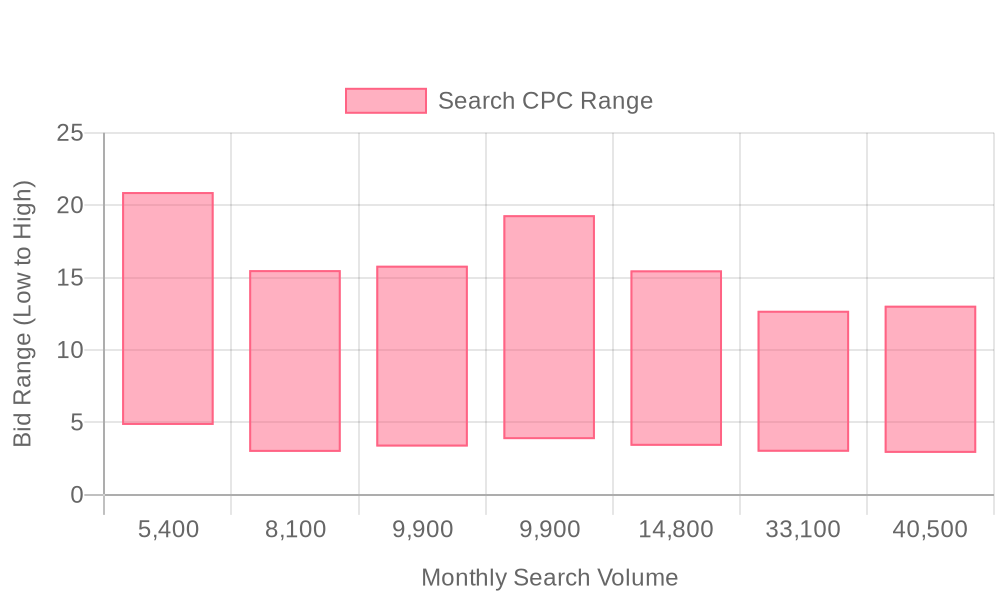
| Industry | Keyword | Monthly Search Volume | Competition Level | Low Bid | High Bid |
| Landscape Contractors | patio installation near me | 5400 | LOW | 4.83 | 20.91 |
| Landscape Contractors | landscape contractors near me | 8100 | LOW | 2.97 | 15.52 |
| Landscape Contractors | landscape contractors | 9900 | LOW | 3.34 | 15.82 |
| Landscape Contractors | retaining wall contractors | 9900 | LOW | 3.85 | 19.31 |
| Landscape Contractors | hardscaping near me | 14800 | MEDIUM | 3.39 | 15.5 |
| Landscape Contractors | landscaping companies | 33100 | LOW | 2.98 | 12.71 |
| Landscape Contractors | landscaping companies near me | 40500 | MEDIUM | 2.9 | 13.06 |
A well-structured keyword strategy anchors digital marketing success for landscape contractors, aligning every campaign with clear business objectives and customer intent. By selecting terms that reflect both the immediate services offered and the evolving needs of the target audience, marketers can maximize their visibility among high-value prospects and filter out low-intent traffic. Explore additional strategies for landscape contractors in this comprehensive guide to Google Ads for landscapers, and stay up to date on digital marketing tactics by visiting the Sona blog.
Sophisticated keyword list development is foundational for effective Google Ads for landscape contractors. Begin by clustering keywords based on distinct service categories such as lawn maintenance, hardscaping, irrigation, and seasonal clean-ups. Local modifiers—like neighborhood, city, or even ZIP code—should be appended to capture searches with high purchase intent in your target geography. Comprehensive lists must also include long-tail keywords and highly specific queries that indicate urgent or niche needs, for example, “emergency tree removal in [city]” or “native plant garden designer near me.” For additional strategies, check this comprehensive guide to Google Ads for landscapers. Such precision minimizes wasted impressions and raises the likelihood of connecting with decision-makers ready to engage.
Negative keyword filters are essential to prevent budget waste and ensure ad spend is reserved for qualified prospects. Exclude terms related to DIY, free resources, jobs, or unrelated home services that do not reflect your ideal customer profile. With visitor identification and real-time intent analysis, marketers can go beyond anonymous clicks by pinpointing exactly which companies and decision-makers are engaging with landscaping queries. This actionable insight allows for dynamic budget shifts, ensuring resources are focused on high-value opportunities as intent surges in specific locations or service lines.
Compelling ad copy is the bridge between search intent and conversion for landscaping lead generation. Headlines should immediately address the pain points of your target audience—such as “Revive Your Lawn Fast” or “Storm Cleanup Experts Available 24/7”—to establish instant relevance. Incorporating trust markers like industry certifications, awards, or insurance status builds credibility and reassures prospective clients of your expertise. For B2B-focused or commercial landscaping campaigns, highlighting regulatory compliance or safety records can further differentiate your offering. For more inspiration, review these best practices for Google Ads in landscaping.
Urgency tactics drive immediate action. Time-limited discounts, free consultations, or same-day service incentives can be woven into descriptions or call-to-action elements. Ad extensions add valuable context: location extensions display your office or service area directly in the search result, while callout and sitelink extensions surface additional value propositions such as “Eco-Friendly Options” or “Portfolio Gallery.” With real-time audience updates, ads evolve to address leads’ changing position in the buying cycle, raising conversion rates with personalized follow-up messaging.
Effective landing pages convert ad clicks into qualified landscaping leads by delivering a seamless, tailored experience. Ensure a strict 1:1 alignment between the keyword, ad copy, and landing page content. For instance, a user searching for “commercial landscape design” should land on a page dedicated to B2B design solutions, not a generic homepage. Segment landing pages by specific services so that each visitor receives relevant information, testimonials, and visual proof points that match their search intent. Learn more about designing high-converting landscaping landing pages from this ultimate guide to Google Ads for landscape companies.
Trust badges—such as industry memberships, safety certifications, and verified client reviews—should be displayed prominently to reduce friction and increase confidence in your business. Mobile-optimized calls to action, like click-to-call buttons or quick-quote forms, streamline the conversion process for users on the go. With CRM and ad platform sync, enriched profile data can pre-fill forms or personalize onsite offers, providing a frictionless path from search to sales-ready inquiry.
Continuous improvement is the hallmark of successful pay-per-click advertising for landscapers. Deploy robust conversion tracking to capture not just clicks, but actual revenue-driving actions such as scheduled consultations, project submissions, or phone inquiries. Use smart bidding strategies like Target CPA, which leverage historical conversion data and real-time intent signals to automatically allocate spend for maximum ROI. For practical optimization examples, view this digital marketing case study for landscape services.
A/B testing is non-negotiable: systematically test headlines, images, and CTA placement to refine creative performance and identify what resonates with your audience. Landing page variants can also be evaluated for differences in conversion rates across different service types or customer segments. Importing offline conversion data—such as closed deals or contracts signed after initial digital inquiry—enables a unified view of marketing’s impact across the customer journey. This end-to-end attribution closes the loop between online engagement and offline revenue, empowering landscape contractors to make precise, profit-focused decisions in their digital marketing for landscapers strategy. If you’re ready to see how these tactics can work for your business, get started for free with Sona.
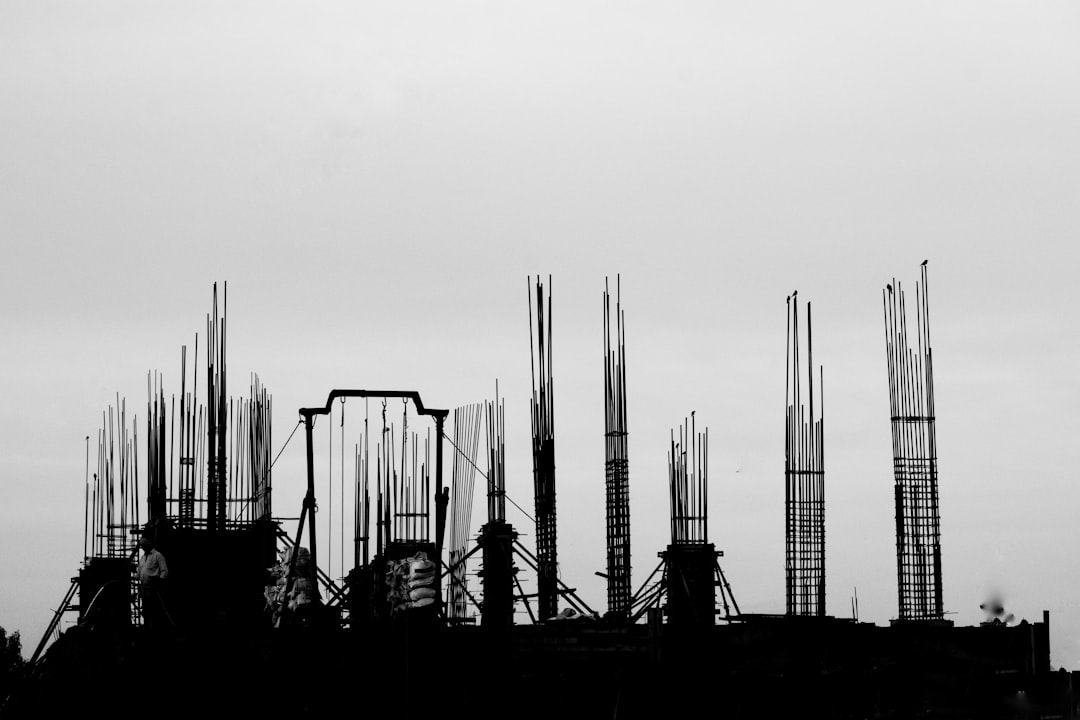
Cross-promoting educational content in retargeting campaigns keeps prospects engaged and nurtures those demonstrating active buying signals. By identifying which website visitors interact most with service guides or project showcases, marketers can deploy targeted display ads and follow-up emails, ensuring their brand remains top of mind during the contractor selection process. Leveraging advanced visitor identification, marketing teams can move beyond anonymous traffic, pinpointing specific companies and roles for tailored engagement. For more insights into effective Google Ads strategies specifically for landscapers, review this comprehensive guide for landscaping companies. This precision enables the delivery of educational resources—such as guides to sustainable landscaping or seasonal maintenance tips—directly to decision-makers, increasing conversion rates and shortening sales cycles.
Upselling associated services becomes more effective when CRM data segmentation is applied to landscaping accounts, especially those showing recent project interest or repeat inquiries. Marketers can analyze in-market behaviors and schedule timely follow-ups, offering value-added solutions such as irrigation upgrades or outdoor lighting design to clients who have already signaled intent. By syncing CRM data with advertising platforms, enriched audiences are dynamically updated as leads progress through the funnel, ensuring that upsell offers are presented at the optimal moment. This synchronization not only drives incremental revenue but also supports a cohesive experience across marketing, sales, and service delivery.
Partnering with industry associations for referrals broadens reach and unlocks new opportunities for qualified introductions. Collaborating on joint webinars, resource libraries, or co-branded campaigns positions landscape contractors as trusted experts within the regional ecosystem. Localizing these efforts further enhances impact: tailoring content and offers to reflect specific climate conditions, regulatory requirements, or competitive landscapes helps contractors win market share in targeted regions. By analyzing local search data and market trends, teams can refine their messaging and uncover gaps in service offerings, continuously enriching their landscaping advertising strategies. This approach ensures that marketing investments are directed where they will have the highest impact, supporting consistent business growth and improved ROI. To begin optimizing your marketing and audience targeting, get started for free with Sona.
Landscaping businesses can unlock substantial competitive advantage by adopting advanced bidding strategies that leverage customer engagement scoring and real-time account intent. This approach shifts the focus from generic keyword-based bidding to granular, data-driven optimizations reflecting the true likelihood of conversion. By integrating engagement signals—such as on-site behavior, repeat visits, and specific content interactions—contractors can dynamically adjust their bids to prioritize audiences most likely to request quotes or schedule consultations. For a comprehensive overview of how Google Ads can be tailored for landscaping businesses, review this expert guide for landscapers.
Expert insights from certified Google Ads partners reveal that top-performing landscaping campaigns continually refine their strategy by analyzing performance at the audience and account level. These experts recommend moving beyond last-click attribution, instead tracking both online and offline conversions to capture the full impact of every marketing touchpoint. Sophisticated marketers use enriched CRM data to ensure their Google Ads audiences are always current, automatically updating as leads progress from initial inquiry to closed project or recurring service agreement. Dive deeper into attribution strategies in our blog on first-touch vs. last-touch attribution models.
Audience insights play a critical role in modern landscaping PPC. By scoring leads based on in-market behaviors—such as downloading design guides, viewing service galleries, or using cost calculators—advertisers can shift budget in real time to high-value prospects. This ensures that spend aligns with the latest buyer journey, reducing wasted impressions and boosting ROI for every campaign. Dynamic audience segments update automatically as prospects move through the funnel, so remarketing can target only those who have not yet converted, while nurturing sequences reach decision-makers at precisely the right moment.
Successful campaigns in the landscaping sector provide strong examples of how these strategies drive results. For instance, contractors who sync CRM and web visitor data with Google Ads see improved match rates and higher conversion rates from their remarketing efforts. Advanced conversion tracking, including phone call attribution and offline sales sync, enables businesses to accurately measure which keywords and ads lead to actual booked jobs. This level of integration gives revenue teams the confidence to scale budgets on campaigns that demonstrate clear, attributable ROI, fueling sustained business growth and outpacing competitors who rely solely on basic PPC tactics. If you’re ready to put these advanced strategies into action, get started for free with Sona and see the impact on your next campaign.

Overspending on digital campaigns without a clear, data-backed strategy is a common pitfall for landscape contractors. Without accurate attribution and full-funnel visibility, budgets can quickly drain into underperforming channels, leaving little to show in terms of lead quality or business impact.
Generic ad copy is another frequent error, often resulting in low engagement and poor conversion rates. Messaging that fails to address the unique concerns of commercial property managers, homeowners, or facility directors will struggle to inspire action. Landscape contractors benefit from segmenting their audiences and tailoring creative to highlight specific project types, such as commercial maintenance or high-end residential design.
Broad targeting wastes significant budget by exposing ads to unqualified audiences. Successful landscaping advertising strategies prioritize specific locations, property types, and buyer intent signals. Using advanced visitor identification, marketers can move beyond anonymous clicks to pinpoint which companies or decision-makers are engaging, ensuring that messaging and offers are relevant at every stage. For a comprehensive overview of effective Google Ads strategies tailored for landscaping, see this guide for landscape companies. This approach also enables dynamic audience updates as prospects move through the funnel, so remarketing and upsell campaigns remain tightly aligned with real-time buyer intent.
Failing to review and adjust budget allocations regularly leads to stagnation and missed opportunities. The best-performing landscape contractors monitor campaign data weekly, shifting spend toward high-converting audiences and high-intent search terms as they emerge. With real-time intent data layered onto campaign performance, teams can optimize spend with confidence, ensuring maximum effectiveness and minimizing waste. By syncing enriched audience and lead data directly into Google Ads and connected CRMs, landscape contractors unlock precise targeting and true online-offline attribution, making it possible to measure and improve Google Ads ROI for landscapers while supporting sustained landscaping business growth. If you're ready to see how these strategies can work for your business, get started for free with Sona.
As you look to enhance your landscaping business's visibility and attract more clients, mastering Google Ads can be a game-changer. Leveraging this powerful tool allows you to reach potential customers precisely when they're searching for services like yours, giving you a competitive edge in the market.
Throughout this article, we've explored the essential strategies for maximizing your Google Ads campaigns. From keyword selection to crafting compelling ad copy and optimizing your ad spend, these actionable insights are designed to help you overcome common challenges and drive meaningful results. By implementing these tactics, you can ensure your advertising efforts are both efficient and effective.
The possibilities for growth and transformation are within your grasp. By embracing the advanced features and strategic insights of Google Ads, you can significantly increase your business's visibility and client base. Remember, every click is a potential new customer, and with the right approach, your landscaping business can thrive in today's digital landscape.
Ready to take your advertising strategy to the next level? Explore our platform to discover how we can empower your efforts and drive actionable insights for success.
Best practices include integrating Google Ads into a multichannel strategy, adopting a data-driven approach, enhancing landing pages, optimizing performance continuously, and integrating cross-channel marketing for cohesive results.
Contractors can target their audience effectively by using precise audience intelligence, real-time budget shifts, and aligning with high-value residential and commercial projects through audience segmentation and intent data.
The budget should be flexible, allowing for real-time reallocations based on lead activity and market demand, focusing on high-converting opportunities and high-intent keywords.
Landscapers should focus on primary keywords related to their services, local modifiers for geographic targeting, and long-tail keywords indicating urgent or niche needs.
Success can be measured by tracking clicks, calls, conversion data, and integrating with CRM and sales platforms for comprehensive attribution of online and offline conversions.
Join results-focused teams combining Sona Platform automation with advanced Google Ads strategies to scale lead generation

Connect your existing CRM

Free Account Enrichment

No setup fees
No commitment required

Free consultation

Get a custom Google Ads roadmap for your business
Join results-focused teams combining Sona Platform automation with advanced Meta Ads strategies to scale lead generation

Connect your existing CRM

Free Account Enrichment

No setup fees
No commitment required

Free consultation

Get a custom Google Ads roadmap for your business
Join results-focused teams combining Sona Platform automation with advanced LinkedIn Ads strategies to scale lead generation

Connect your existing CRM

Free Account Enrichment

No setup fees
No commitment required

Free consultation

Get a custom Google Ads roadmap for your business
Join results-focused teams using Sona Platform automation to activate unified sales and marketing data, maximize ROI on marketing investments, and drive measurable growth

Connect your existing CRM

Free Account Enrichment

No setup fees
No commitment required

Free consultation

Get a custom Google Ads roadmap for your business
Over 500+ auto detailing businesses trust our platform to grow their revenue
Join results-focused teams using Sona Platform automation to activate unified sales and marketing data, maximize ROI on marketing investments, and drive measurable growth

Connect your existing CRM

Free Account Enrichment

No setup fees
No commitment required

Free consultation

Get a custom Google Ads roadmap for your business
Over 500+ auto detailing businesses trust our platform to grow their revenue
Join results-focused teams using Sona Platform automation to activate unified sales and marketing data, maximize ROI on marketing investments, and drive measurable growth

Connect your existing CRM

Free Account Enrichment

No setup fees
No commitment required

Free consultation

Get a custom Google Ads roadmap for your business
Over 500+ auto detailing businesses trust our platform to grow their revenue
Our team of experts can implement your Google Ads campaigns, then show you how Sona helps you manage exceptional campaign performance and sales.
Schedule your FREE 15-minute strategy sessionOur team of experts can implement your Meta Ads campaigns, then show you how Sona helps you manage exceptional campaign performance and sales.
Schedule your FREE 15-minute strategy sessionOur team of experts can implement your LinkedIn Ads campaigns, then show you how Sona helps you manage exceptional campaign performance and sales.
Schedule your FREE 15-minute strategy sessionOur team of experts can help improve your demand generation strategy, and can show you how advanced attribution and data activation can help you realize more opportunities and improve sales performance.
Schedule your FREE 30-minute strategy sessionOur team of experts can help improve your demand generation strategy, and can show you how advanced attribution and data activation can help you realize more opportunities and improve sales performance.
Schedule your FREE 30-minute strategy sessionOur team of experts can help improve your demand generation strategy, and can show you how advanced attribution and data activation can help you realize more opportunities and improve sales performance.
Schedule your FREE 30-minute strategy sessionOur team of experts can help improve your demand generation strategy, and can show you how advanced attribution and data activation can help you realize more opportunities and improve sales performance.
Schedule your FREE 30-minute strategy session





Launch campaigns that generate qualified leads in 30 days or less.
